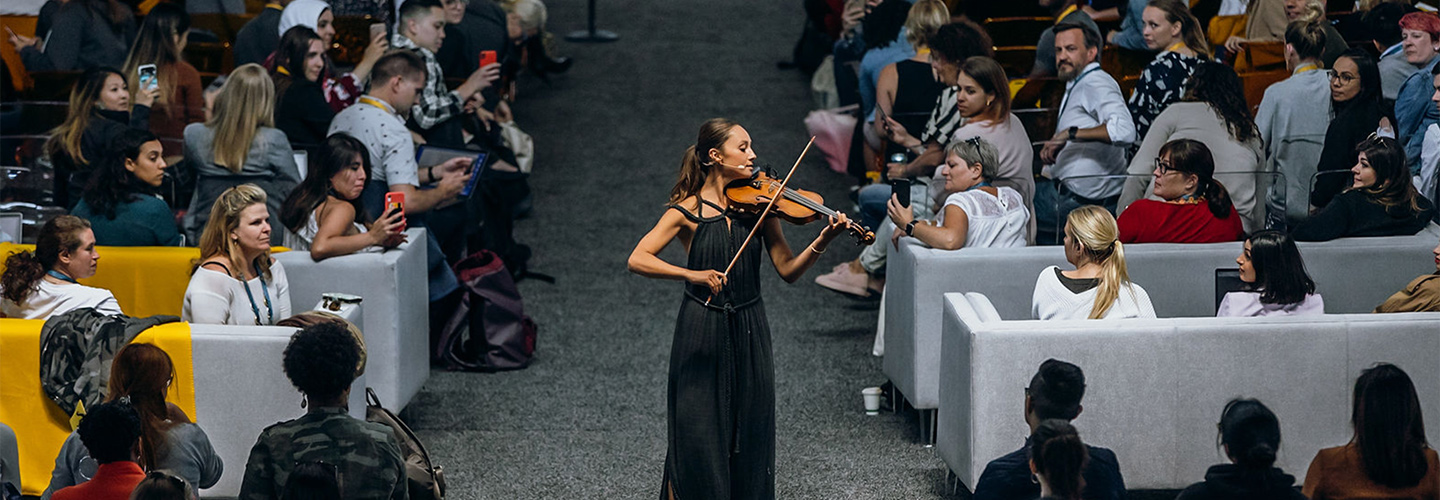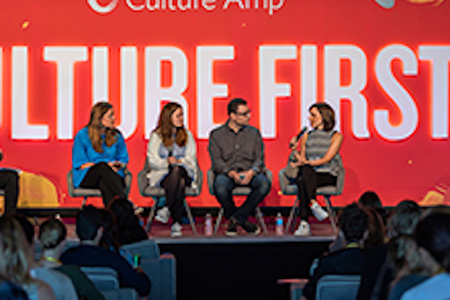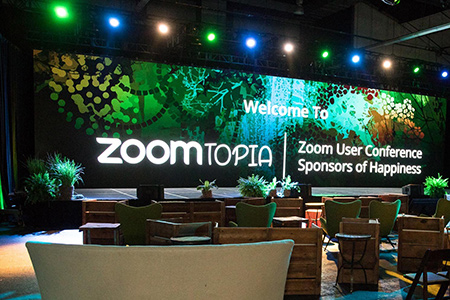Is your company ready to launch its first big event? Get started with these important planning steps.
Identify the Purpose
Planning an effective corporate conference begins with defining clear objectives. Ask conference stakeholders “why are we doing this event?” Popular corporate event objectives include drawing a community together, creating a shared experience, building expert knowledge, or celebrating an achievement.
Define the Target Audience
Almost every other event decision to be made flows out of who you want to attend a conference. Build out personas of who should attend starting with basic demographics, industries, and roles. If known, include more specific interests, problems, and needs of each too.

Benchmark Other Competing Conferences
Which of your partners or competitors hold conferences? Analyze their events to determine the value propositions a new event will need to compete against market alternatives. Use your research to inform decisions such as brand positioning, ticket pricing, location, timing, and more.

Build a Budget
Budgeting for a new conference begins with research and estimates. Map out top level “must have” costs such as venue, marketing, speakers & entertainment, signage & collateral, food & beverage, AV production, event technology, staffing, travel, and decor. Be prepared to make trade-offs among competing priorities.
Set Pricing and Forecast Revenue
Pricing tickets and sponsorship packages for an inaugural conference is as much art as science. While its important to consider your break even point, most first-time corporate events do not break even. It takes time to establish the value of your content, audience, and networking opportunities to both potential attendees and sponsors.
Decide When and Where
The location and date of an event determines both how many attendees you’ll have capacity to host, and how many attendees are likely to register. When choosing a date, keep an eye on the timing of other popular industry events so you don’t end up competing for attendees. Be sure you have a signed agreement with your venue before you start marketing a date and location.
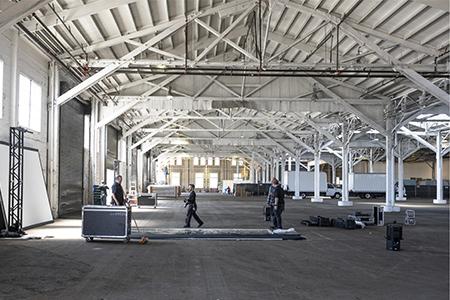
Build a Conference Brand
Establish the combination of design, logo, tagline, colors, fonts, voice and imagery that define the distinct personality of your conference. Lay it all out in a branding guide, then share that branding guide widely with all working on the conference. Every element of conference marketing, decor, messaging, signage and more should be consistently developed to reflect a unified conference brand.
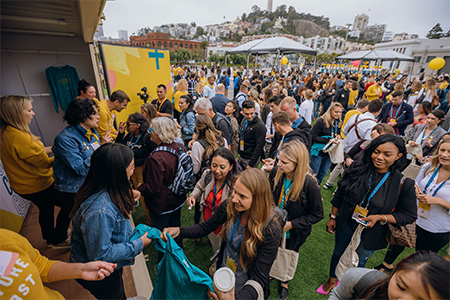
Create a Marketing Plan
Event marketing often begins a year in advance, and marketing planning starts even earlier. Once target audience, dates, location, price, and value propositions are determined, it’s time to get the word out. The cornerstones of most corporate event marketing plans include launching an event website, ticketing, and targeted email campaigns. Find more event marketing tips at Essential Steps to Great User Conference Marketing.
Develop a Logistics Plan
A no-fail logistics plan begins with a list of all the tasks that need to be accomplished. Assign an owner to each task, and then plot them into an event project timeline. When creating the initial task list consider questions such as:
- How will the venue be laid out?
- When will setup begin and end?
- What furnishings and equipment are needed and who is providing it?
- What will the agenda include?
- What meals and/or snacks will be offered and when?
- How will attendees be checked in? Who will be speaking?
- Will there be entertainment?
- What promotional merchandise be produced?
- What travel services such as hotel, transportation may be required?
Execute and Evaluate
Once plans are outlined, it’s time to start sending out invitations, securing speakers, developing content, reviewing vendors and other details. Take the time to request and compare proposals on event elements such as decor, staging, and catering from multiple vendors. Even if you have a familiar supplier, talking with multiple vendors gives fresh perspectives and helps you find the best solution.

Check out success stories from these first year events.
Get your conference off to a great start! Contact Shiloh today for an event consultation.
